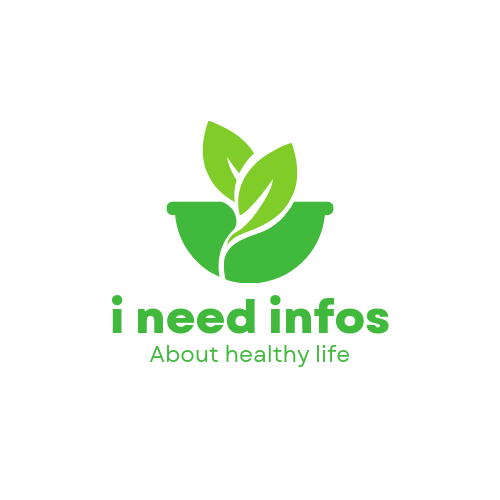Medications not to be taken with coffee
Medications not to be taken with coffee
Everyday life is ruled by coffee, especially in the morning. Due to the presence of caffeine, they have stimulant properties.
A morning cup of coffee, according to the journal Hilt (health.com), can interfere with the medications you take and alter how quickly they are absorbed into your bloodstream. This can lessen the extent to which your body benefits from these treatments.
 |
| Medications not to be taken with coffee |
Researchers examined how many medications were affected by coffee in 2020 and discovered that coffee "significantly affects the uptake, distribution, metabolism, and secretion of many ،medications."
Which prescription drugs shouldn't be consumed with coffee?
1.Medications for hypothyroidism
According to "ncbi.nlm.nih.gov," drinking coffee while taking a prescription to treat hypothyroidism can decrease how much of the medication is absorbed by the body, making the treatment less effective for you.
Additionally, according to patient case studies, coffee can significantly impair the absorption of a medication used to treat hypothyroidism.
2.medications for diabetes
Coffee flavored with sugar or milk can raise blood sugar levels and reduce the effectiveness of diabetes medications. Furthermore, research suggests that caffeine may make diabetics' symptoms worse.
An American Diabetes Association study found that consuming anything with caffeine can increase insulin and blood sugar levels.
The researchers also issued a caution that excessive coffee consumption could make it challenging to regulate blood sugar and ultimately raise the risk of complications from diabetes.
3.allergy or cold medications
Certain allergies should not be combined with coffee since they may enhance central nervous system arousal, which worsens the symptoms of insomnia.
4.Alzheimer's medication
Caffeine has an impact on Alzheimer's medications. Coffee's caffeine can lower the quantity of medication that gets to your brain by narrowing the blood-brain barrier.
The neurotransmitter acetylcholine is protected by Alzheimer's medications, and "pubmed.ncbi.nlm.nih.gov" reported that excessive coffee consumption reduces this protective effect.
5.Medicines for asthma
The likelihood of these adverse effects can rise if you consume coffee or other caffeinated beverages.
6.Osteoporosis medications
Because drinking coffee with these kinds of medications can lower their effectiveness by more than half, doctors advise taking them before eating or drinking any meal and only with plain water.
7.Antidepressants
Coffee may reduce a drug's absorption by the body.
The medication "fluofoxamine," in particular, is noted by "ncbi.nlm.nih.gov" to promote the typical negative effects of caffeine, such as insomnia and heart palpitations.
8.Antipsychotic medications
The medications phenothiazine, clozapine, haloperidol, and olanzapine are used to treat psychosis. And drinking coffee can reduce the amount of these medications your body absorbs.
According to studies, drinking coffee alters how many of these medicines are metabolized or broken down. Take the medication with water rather than coffee to experience the full effects of the substance.
9.Medications for blood pressure
While coffee can increase the body's absorption of several blood pressure Medications, including fludipine, it can also prevent the body from fully utilizing the medication.
10.Melatonin
The body naturally produces melatonin, a hormone that aids in promoting sleep at night. The onset of dusk stimulates this hormone.
In contrast, caffeine in coffee accomplishes the exact opposite of what melatonin does. And it might increase your alertness. Coffee consumption can suppress melatonin production and reduce the hormone's effectiveness.
Additionally, the effects of coffee and melatonin may be counteracted if taken at the same time.
Avoid consuming the first cup of coffee if you are on any of these medications, especially first thing in the morning.
In this situation, dietician Zeina Shabib suggested she start drinking coffee two hours after waking up and stop six hours before bed. She made the suggestion while speaking previously to Al Arabi.
Consult your doctor for advice on how to balance coffee with medication if you are taking many medications. A doctor can also assist you in finding a remedy if you have any side effects, such as insomnia, anxiety, or insomnia.



.jpg)


